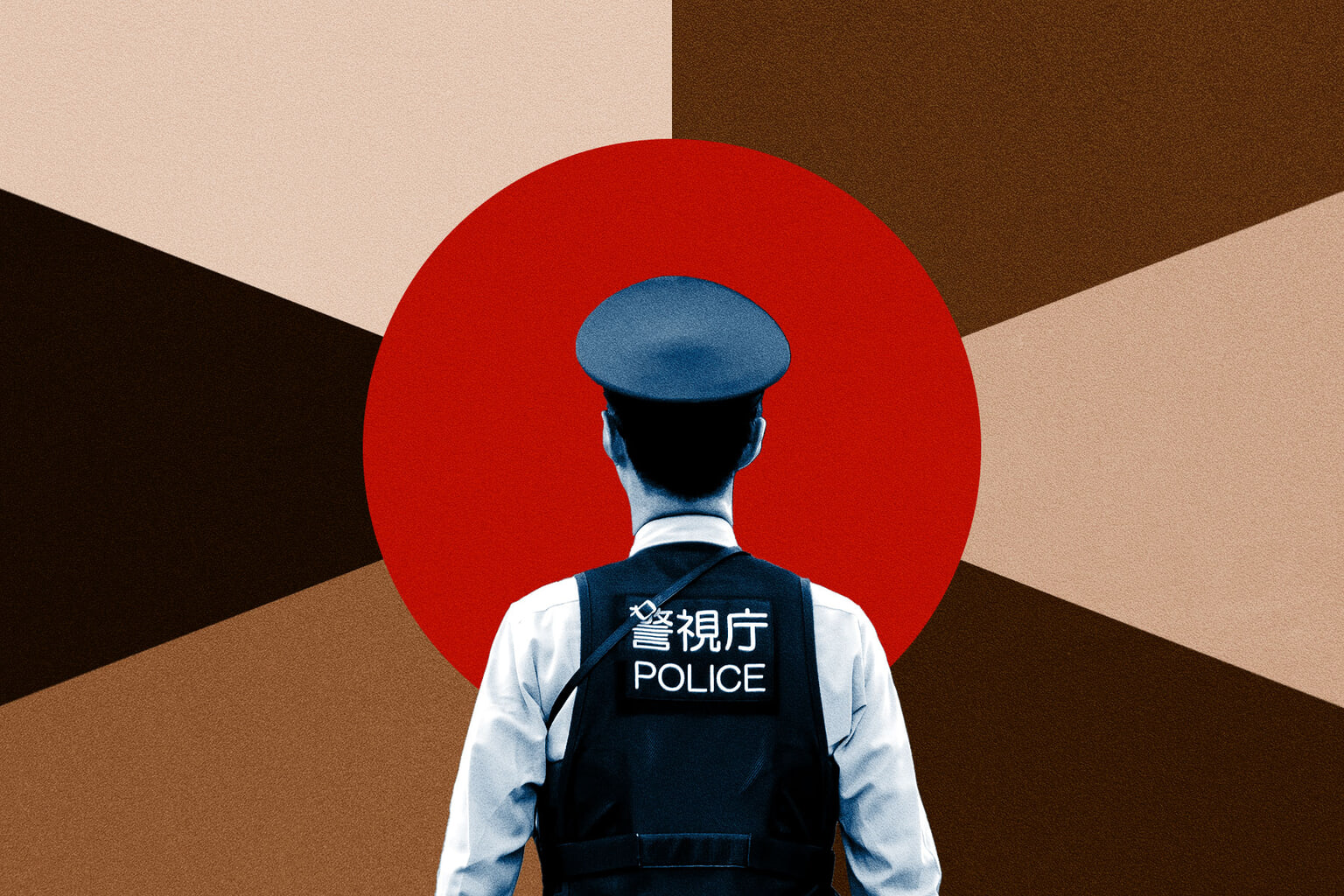A trial began at the Tokyo District Court on Monday involving three foreign-born residents of Japan who are seeking compensation over alleged racial profiling by the police. The plaintiffs, who’ve all lived in Japan for more than 10 years and are either naturalized citizens or permanent residents, filed the lawsuit against the central and local governments in January. They claim that officers have repeatedly stopped them for questioning because of their race, skin color or nationality. This, they say, is discriminatory and violates the country’s constitution. They are seeking more than ¥3 million in damages.

Raising Awareness About Racial Profiling in Japan
“To create a more open society, a good society, then I believe discriminatory police questioning must be changed,” said Zain Syed, a Pakistan-born Japanese citizen who says he’s been questioned by police 15 times since moving to Nagoya in 2016. “For us, this case is not meant to pick a fight, or to make Japan look bad. It’s to gain understanding, to build awareness, so we can cooperate. I stood in court hoping that it would be a good step forward toward a better Japan,” added Syed at a post-hearing press conference.
“If this court claims to uphold the law … then this should be a very easy case to adjudicate,” said fellow plaintiff Maurice Shelton, a Black American who claims he’s been questioned by the police 16 or 17 times. The third plaintiff is a South Pacific Islander of Indian descent who just goes by the name of Matthew. He says he’s been stopped by the police at least 70 times since moving here in 2002. The central government as well as the Tokyo and Aichi prefectural governments have requested that the court dismiss the lawsuit.
Police ‘Cannot Question Anyone Without Sufficient Reason’
“Police can only question people on a voluntary basis,” Moe Miyashita, an attorney on the plaintiffs’ legal team told The Mainichi earlier this month. “They can’t force anyone. And it’s not the case that police officers can ask whatever they want, whenever they want. Under the Police Duties Execution Act, they cannot question anyone without sufficient reason to believe that person is involved in a crime, based on their behavior and circumstances at the scene. For example, the person’s clothing plus the place, or if the person looks like a suspect in a crime. Police need a concrete indicator to justify questioning someone. The crime rate among foreign-born and native-born residents of Japan is almost the same. So just someone being foreign is insufficient reason to stop them for questioning. It is discrimination and is in fact not legal.”









